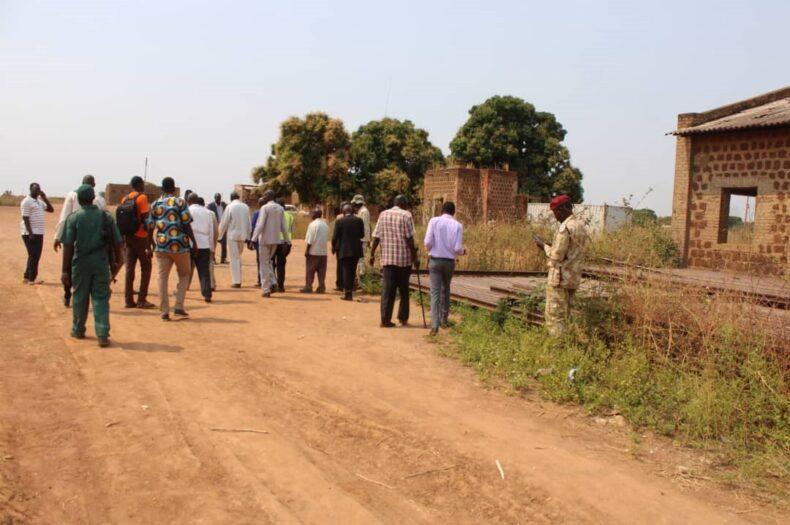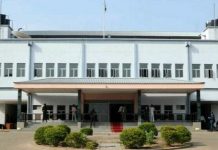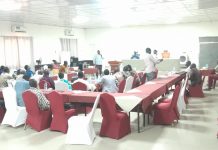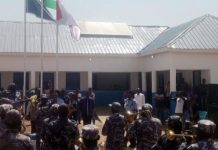Africa-Press – South-Sudan. The decision by the governments of Sudan and South Sudan to revive railway transport between the two countries is very crucial and commendable.
Apart from boosting the economy, rail transport can be cost-effective. According to the Association of American Railroads (AAR), shippers who switch long-distance freight from road to rail can save 10–40 per cent.
Also, shipping via train is more environmentally friendly. Trains burn less fuel per tonne-mile than trucks. Freight railroads can move one tonne of freight an average of 479 miles on a single gallon of fuel. On top of that, using rail transport over road transport can lower greenhouse gas emissions by 75 per cent.
Thus, the reopening of the railway line from Sudan to Wau has more advantages, as it will ease the movement of goods and people between the two countries.
The railway, which was established in 1964, was last reopened in March 2010 after over 20 years of closure since the outbreak of Sudan’s war. It remained closed for years when Sudan’s civil war broke out in 1983. However, it was shut down due to the insurgency at the borders, characterised by the rampant civil war in the Blue Nile and Southern Kordofan states.
While the Sudanese government is trying to reconnect the rail transport from Khartoum back to Wau, South Sudan will have to construct a new rail line in Wau. The rail line that was built by the Sudanese government was dismantled and sold out as scrap metal by an army general in 2015.
In a press conference in 2015, Elias Way, the former Governor of defunct Wau State, blamed an army commander for dismantling the railway line that ran into Wau Town. He said the former officer sold the rail line metals as scrap metal to a construction company in Wau.
As the two countries are working on revamping transport, the process could be costly for the government to reinstall the new route. This clearly shows that some people often take advantage of conflict situations for their own benefit, which is not correct.
When in wartime, some people, especially those who are armed, frequently wish to destroy everything. Others just do so because they want to gain from the situation, but some are oblivious to the fact that wars end and people have to resume normal lives.
The 2013 war caused a lot of destruction to both private and public property. Some have been destroyed beyond repair. Many buildings, including schools and churches, have been destroyed completely. For instance, the Comboni School in Lomin Parish, Kajo Keji, which was considered a university, was destroyed completely. Also, church property from Loa Parish was looted, including the church bell that survived the 21-year war only to get lost during the recent 2016 conflict.
This is a clear sign that the 2013 civil war has caused more damage and destruction than the SPLM/A war of struggle. It is important to respect public installations during the war because when they are destroyed, they become a burden to the country during the reconstruction process, despite who becomes the leader.
For More News And Analysis About South-Sudan Follow Africa-Press






